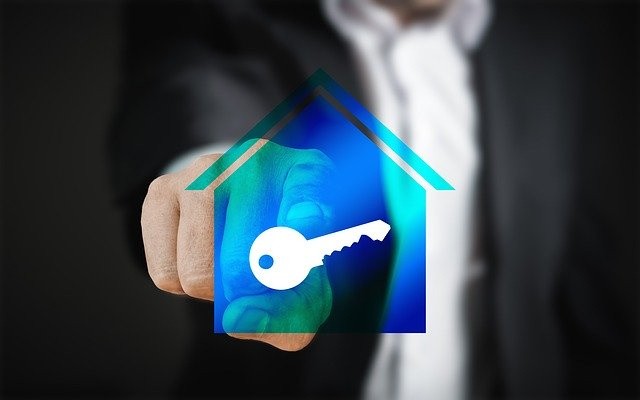To Smart or Not Too Smart: Are Smart Homes Safer?

According to Coldwell Banker, smart homes have "network-connected products for controlling and automating functions such as lighting, security and temperature either remotely by a phone, tablet, computer or a separate system within the home itself."
With a smart home, you can have wireless vacuum robots navigating row-by-row and room-by-room cleaning throughout your place, and cameras that throw treats to your dog.
Considering these, having a smart home may seem to be the ultimate goal for modern households. But there are two sides to every coin, thus, smart technology may either facilitate your life and give you extra time to do other things or make you lazy.
Smart home technologies have pros and cons and it is up to you to decide if you need to upgrade your living space into a smart home, according to an article by Be Latina.
Advantages:
1. Convenience
Among the advantages of having a smart home, convenience is on top of the list. In this fast-paced world, convenience is a luxury. Just connect the smart device to your smart phone other networked device and voila! Convenience at your fingertips.
In the past, have you ever imagined how a push of a button and one device today can completely change the temperature of a room, turn on or off the lights, preheat an oven, turn on the washing machine, TV, and music?
Welcome to the future.
Instead of tiring yourself from manual, laborious chores, you can maximize productivity and spend more time bonding with your family.
2. Safety
Another advantage of having a smart home is safety. You can upgrade your home security by simply installing cameras with motion sensors.
Wherever you are in the world, as long as there is a stable internet connection, you can monitor your home and even interact with anyone trespassing in your property.
You can also receive incentives from your home insurance company if you use smart devices, according to Encompass Agency.
3. Increased Home Value
If you have smart features installed in your home, you can increase its market value. Planning to sell your property?
According to the National Association of Realtors, 44 percent of millennial buyers admitted they are willing to spend an extra $3,000 or more for a home with smart features.
Disadvantages:
1. Capital Outlay
The high cost of setting up a fully functional smart home is one of the major smart home disadvantages. It is not surprising that smart technologies are quite expensive.Installing state-of-the-art facilities necessary to upgrade into a smart home is often overwhelming.
According to Use Technology Wisely, the basic system consisting of a smart burglar alarm, thermostat, outdoor lighting and a backdoor lock costs as much as $2,500, whereas the advanced, high-end systems could cost you as much as $1.8 million.
If you have a financially stable household, then you are most likely willing to spend thousands, even millions of dollars in upgrading into a smart home. On top of that, you will be confronted by power surges and an increase in your electrical bill.
The Insurance Information Institute recommends the use of surge protection devices (SPDs) to "filter and dissipate damaging electrical discharges," therefore, avoiding damage to your electrical system.
2. Security
Having a smart home for safety and security is both a blessing and a curse. Using smart home technologies makes your home vulnerable to hackers.
According to an article by Dailymail, there have been reports on voice-assisted devices like the Amazon Alexa, spying and transcribing sensitive conversations without the authorization of the user. There were also other consumers who claimed their gadgets have been hacked.
Just December last year, a family in Mississippi complained and shared a video of a hacker taunting their 8-year-old daughter through a Ring camera installed in her bedroom. This isn't the first time such incident occurred, according to Today.
There were other reports across the United States which prompted the company to launch an investigation.
"While we are still investigating this issue and are taking appropriate steps to protect our devices based on our investigation, we are able to confirm this incident is in no way related to a breach or compromise of Ring's security," said a company's executive to WMC.
3. Technology Learning Curve
We have indeed reached the digital age, yet many people are still relatively unfamiliar with technology.
It becomes a disadvantage considering of the major arguments of the proponents of smart homes is the convenience it offers for the elderly. But how is it supposed to help them if many of them don't even know how to utilize it? Smart home technology is also a hustle for those who may not be that old but not tech-savvy.
That is why if one who isn't familiar with smart home technologies may think twice before upgrading their homes.
Despite its disadvantages, the demand on smart home continues to surge. At the end of the day, it is up to you to always stay vigilant and wary of the risks while enjoying the benefits of smart home technologies.
Subscribe to Latin Post!
Sign up for our free newsletter for the Latest coverage!
















